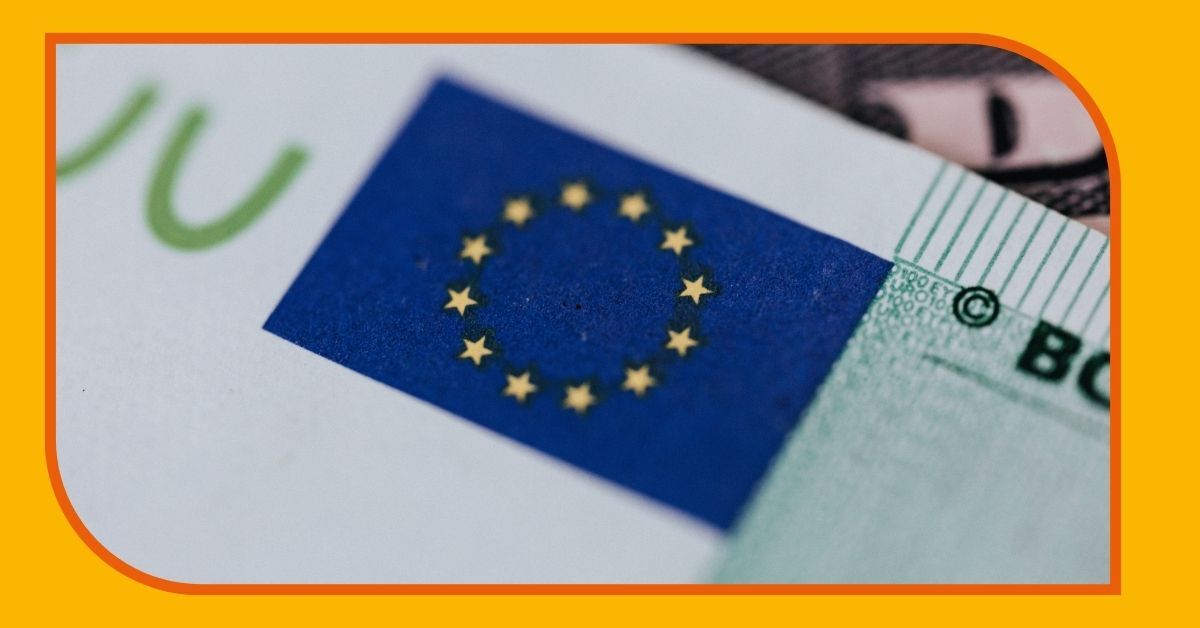Introducing new EU directives on wage setting for a fair and sustainable approach to compensation.
As recruiters operating across borders and championing workplace equality, we welcome the new EU directives on wage setting. We have compiled an overview of the regulations recently introduced by the European Union.
The date when the directive was formally adopted by the EU parliament was April 25, 2023.
Companies should begin preparations to ensure to be compliant with the new regulations by the deadline of April 2025. This could include reviewing current wage policies, and how you will be able to handle the transparency mechanisms, you need to ensure your systems are up to date to be able to process the new regulations.
The European Union has recently introduced new directives aimed at increasing transparency in wage settings across the Union. These directives are part of a broader strategy to promote equality and fairness in the labor market, with several key aspects that are relevant for both employers and employees.
Wage Transparency
One of the most notable aspects of the new directives is the requirement for greater wage transparency. Employers are now obliged to provide clearer information about wage levels and the criteria used to determine them. This includes disclosing salary ranges in job advertisements and being transparent about the criteria used to set wages. The goal is to reduce the gender pay gap and prevent discrimination based on other grounds.

Right to Information
Employees now have a strengthened right to request information about the salaries of other employees performing the same or equivalent work. This is a significant change designed to empower workers with better understanding of their pay position within a company and to help identify any potential unfair treatment.
Prohibition of Wage Discrimination
The directives also reinforce the prohibition against wage discrimination. Employers must justify wage differences between employees based on objective factors such as experience, responsibility, and performance. This means that subjective assessments not based on clear criteria can be challenged and potentially lead to legal action.
Reporting and Review
Companies with more than 250 employees are required to regularly report on gender pay differences, including an explanation of measures taken to reduce these disparities. This imposes a greater obligation on larger companies to actively work towards ensuring fair wages.
Consequences for Employers
Employers who do not comply with the new directives may face sanctions, including fines. These measures are designed to ensure compliance and encourage employers to create more transparent and fair working environments.
Our summary
The new EU directives on wage setting represent a crucial step towards increased transparency and fairness in the labor market. For employers, this means being more diligent in their communication about wages and ensuring all salaries are fairly set and justified. For employees, these changes provide greater insight and the opportunity to challenge unfair pay practices. Overall, these changes are expected to contribute to a more inclusive and equitable work environment across the EU.
Welcome to reach out, should you need to learn more about recruitment and wage setting, and what this would mean for your company.


